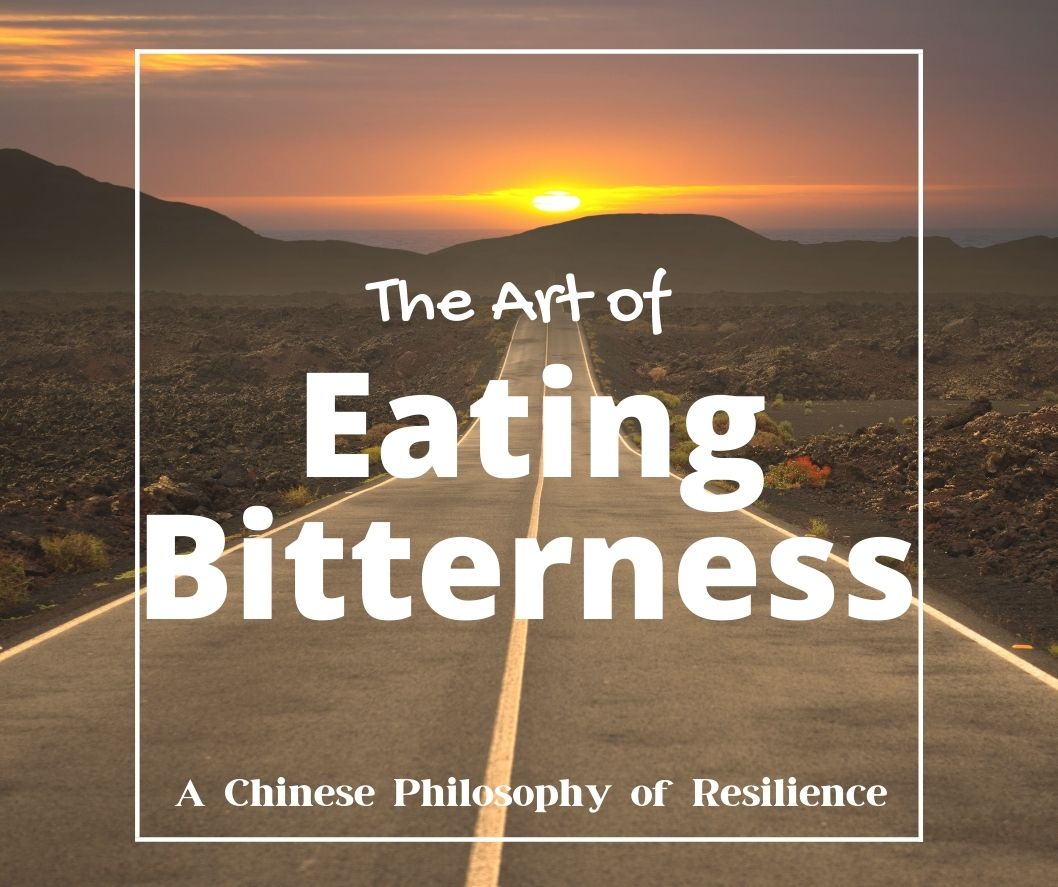In China, when describing someone’s character, there is often an emphasis on the ability to endure hardship and adversity with resilience. This trait is captured by the phrase ?? (ch?k?), which translates literally to “eat bitterness.”
The Chinese character ? (k?) carries a multitude of meanings: bitter, sorrowful, cruel, torment, grief, and persistent effort, among others. These meanings reflect a cultural appreciation for perseverance in the face of hardship.
Numerous idioms and proverbs featuring ?? (ch?k?) underscore the high regard in which hard work and fortitude are held in Chinese society.
One such proverb is:
?????, ?????
(ch? dé k? zh?ng k?, f?ng wéi rén shàng rén),
which translates literally as
“to eat the bitter of the bitter, to become a man above men.”
Figuratively, it means that only by enduring the greatest hardships can one rise above others and achieve true success, wealth, and prosperity.
In contrast, a growing movement in the West promotes a different path to success, one that suggests that instead of relentless hard work, achieving success and wealth requires making the right effort, opening oneself to the flow of money, and believing that things can be attained with ease.
The more we observe these Western trends, even in our own thinking, the more we realize this philosophy bears a resemblance to Eastern teachings, particularly those of ancient Taoists who advocated for living in harmony with the natural flow of life, free from unnecessary struggle and effort.
However, it would be a mistake to think of this as an easy approach. Achieving a state of openness—where one can channel energy and resources effectively—requires a different kind of rigorous effort. The focus shifts from external actions to internal clarity.
Only a person who has purified their mind and heart through deep practice can be free from obsessive thoughts, intense emotions, and desires that cloud judgment and lead to unnecessary stress. It seems that those who exhibit these qualities naturally may have already done the hard work in previous lives.
By Darya and Taras Lytvyn


